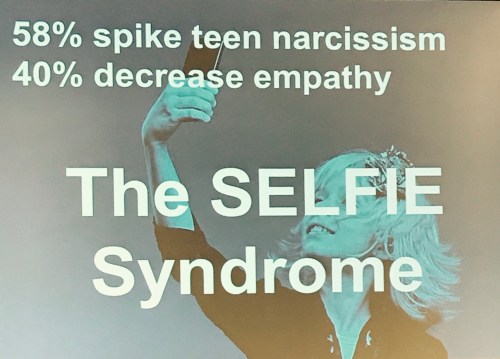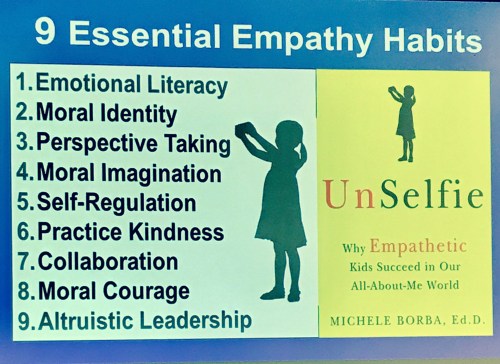In the past, the term “daycare” was widely used to describe a place where young children spend their day while their parents are at work. Children were snuggled and read to and got to play, a nice way to spend the time and for someone to earn a living while caring for their own children as well.
Guess what? Things have changed. Drastically. You can’t just take care of kids in your house anymore. Here’s a small list of some changes, and a little info about them.
- Home owners insurance: if you provide childcare without notifying your insurance company, they could deny future claims.
- The state regulations have increased from 26 pages to a whopping 109 pages: and if you want your home owners insurance to be satisfied, you’d better be registered and in good standing!
- The rules for our state include things like family involvement, emergency response plans, water testing, knowledge of early learning standards and more: you can no longer just watch kids at home without learning lots of new things.
- And so much more, but I don’t want to scare anyone!
So, the terms we use to describe our profession, because that is what it truly is, deserve some thought. This daycare/childcare debate has been ongoing here for a few years, so I reached out to all the early education folks I know and have contact with to hear what they have to say.
Daycare = who’s taking care of the days?
Childcare = Educated, loving, nurturing individual who wakes up every day and says, “what adventure will we have today with the children in our care”, while parents and guardians are working.
Child care shows more respect to us as the Educators as well as respect to the child who is leaning so much every second of the time they are with us
I dont care for the day, I care for the child.
daycare i associate with mediocre teachers and a sub-par experience for children.
I think that over the years “daycares” have been represented in media culture as a drop off place where kids go wild (e.g., Daddy Daycare, etc). This can leave more of a negative connotation on society when they hear “daycare.” The word “child” often has a more positive connotation!
I agree along the lines of some of the other comments; an “early education (care) centre” demands respect for the program itself, the children, and the educators.
First thoughts … daycare sounds more Americanised and childcare more English … probably due to American films often referring to daycare.
I’m in the UK, Daycare where I am is for older people, in terms of children I think of American home daycare.
Child care could be private nursery, local authority centres or childminding to me.
I say I work in ‘Early Years’. To me Childcare puts child first therefore the child is most important. Daycare puts day first……
Daycare to me indicates a full day of care. Childcare a much preferred term would be caring for children in general.
I don’t differentiate but perhaps childcare suggests to me an individual looking after children perhaps in their home whereas daycare suggests a more formal nursery style establishment.



 for more detailed information, I encourage you to buy her book
for more detailed information, I encourage you to buy her book 

